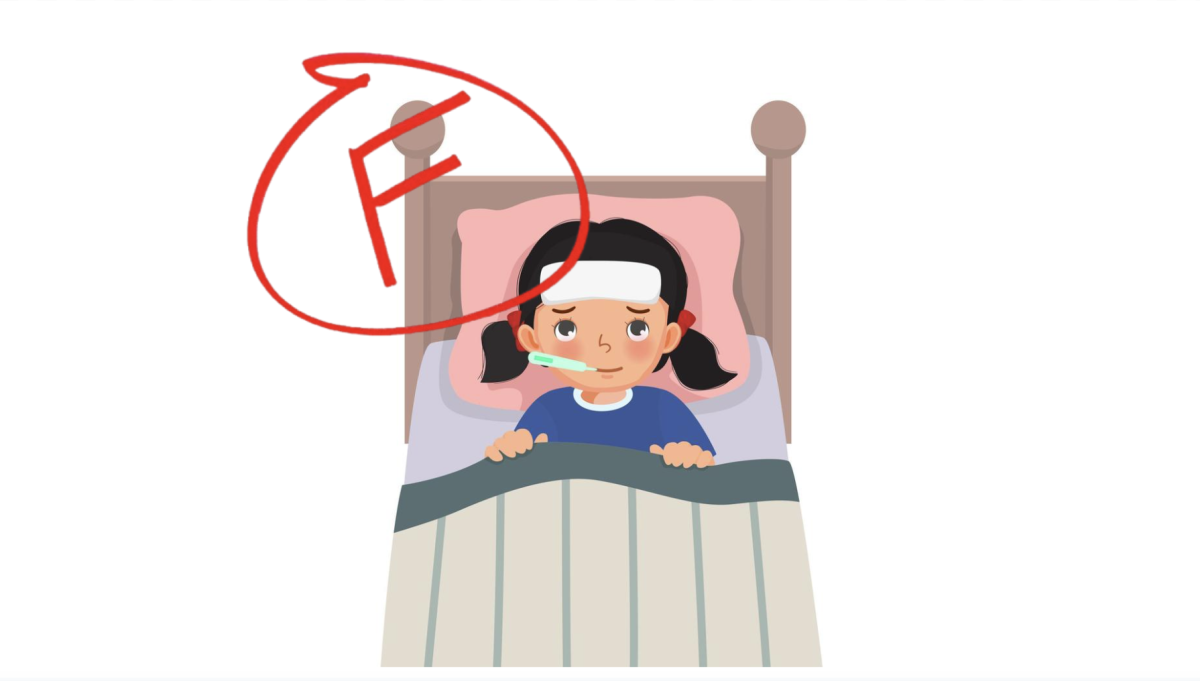Are women really paid less?
The “Paycheck Fairness Act” was defeated on April 19, 2014, which for the casual American observer, is confusing. It has a universally appealing name for a bill, because of course, everybody wants fairness. Liberals claim that this bill is going to help men and women be paid fairly, and since we can assume the majority of Americans aren’t politically motivated by sexism, one would naturally assume that this bill is positive. Recently however, every single Republican Senator blocked the bill from passing. Democrats assert that Republicans are merely turning down the bill due to their own fear of change and good old fashioned sexism, but like most things regarding politics, the truth doesn’t even come close to reality.
If you paid attention to the news, you’d notice a lot of talk regarding the 77% wage gap between men and women. It’s being decried as one of the biggest injustices of our time, stark proof that sexism isn’t just alive and well–– it’s thriving. But before you call your congressman or send an angry letter to the President, take a look at what’s behind that number, and if it really is representative of overwhelming sexism.
Firstly, the 77% only accounts for raw wage differential. You may have heard that it’s 77% percent of women working the same job as men, but the actual study, referenced by leading Democrats, is compiled by the U.S. Census Bureau and shows only nationwide wage averages. By that very same standard, female White House Employees are only paid 88% of a male employees wages, something the administration vigorously denies as discrimination. We believe their denial because we know that obviously the White House does not practice gender discrimination, in the exact same way that most employers don’t practice gender discrimination.
Furthermore, the number does not take into account any alternative form of compensation. For example, a significant portion of women prefer lower wage jobs with greater benefits, while men usually prefer the opposite, higher wage jobs with fewer benefits.
Women also usually tend to lean towards part-time jobs that naturally pay less, as part time jobs often do. Usually this is an individual choice regarding many mothers’ need to spend less time working than a full time job would require and more time with their children. One could argue that this is a form of sexism in itself, as far as workplace discrimination goes, the employer has no hand in the decision to become a parent.
A final factor independent of any kind of sexism is that men generally work more overtime than women. A recent study shows that 19% of men work more than 50 hours a week, compared to just 7% for women, accounting for an estimated 10% of the gender wage gap. People who work overtime are also more likely to move up the corporate ladder and get paid even more.
An unintended side effect of the Paycheck Fairness Act, or other similar bills, such as the Minnesota Women’s Economic Security Act (MNwesa), is that they also damage employment prospects for women looking for jobs. As an employer searches for new workers, the new legislation will make women much bigger liabilities for companies. The PFA lifts any and all caps on punitive and compensatory damages, and prohibits any kind of retaliation for an employee suing their employer, making any sort of lawsuit extremely costly and leaving the employer without any way to respond. From an employer standpoint, it’s much safer and much more reliable to hire a man who can be easily fired should anything go wrong–– a man who realistically can’t even sue for paycheck unfairness.
The bill would also mark a massive government invasion into the private business of American companies. For the first time, companies would be required to disclose their private pay information to the Equal Employment Opportunity Commission: government commission that would then hold the right to publish that private information at will to the public–– an unwarranted intrusion into private American businesses that wouldn’t be justified even if it were backed up by solid data.
Alongside the invasion of privacy, the federal government would also require that any difference in pay must be put down to a “business necessity,” which means that the business needs the pay differential to survive, putting federal regulations and oversight into places where its not needed, unlawfully limiting and possibly harming how the company runs itself.
It’s extremely easy to take the so-called “Fair Paycheck Act” at face value. It’s easy to say that any who oppose it or like bills are sexist and simply believe women are inferior to men, but the truth is much more complex. Sexism still exists and feminism still has its place in the world, but this bill has less to do with equality and more to do with playing politics than anything else.











































